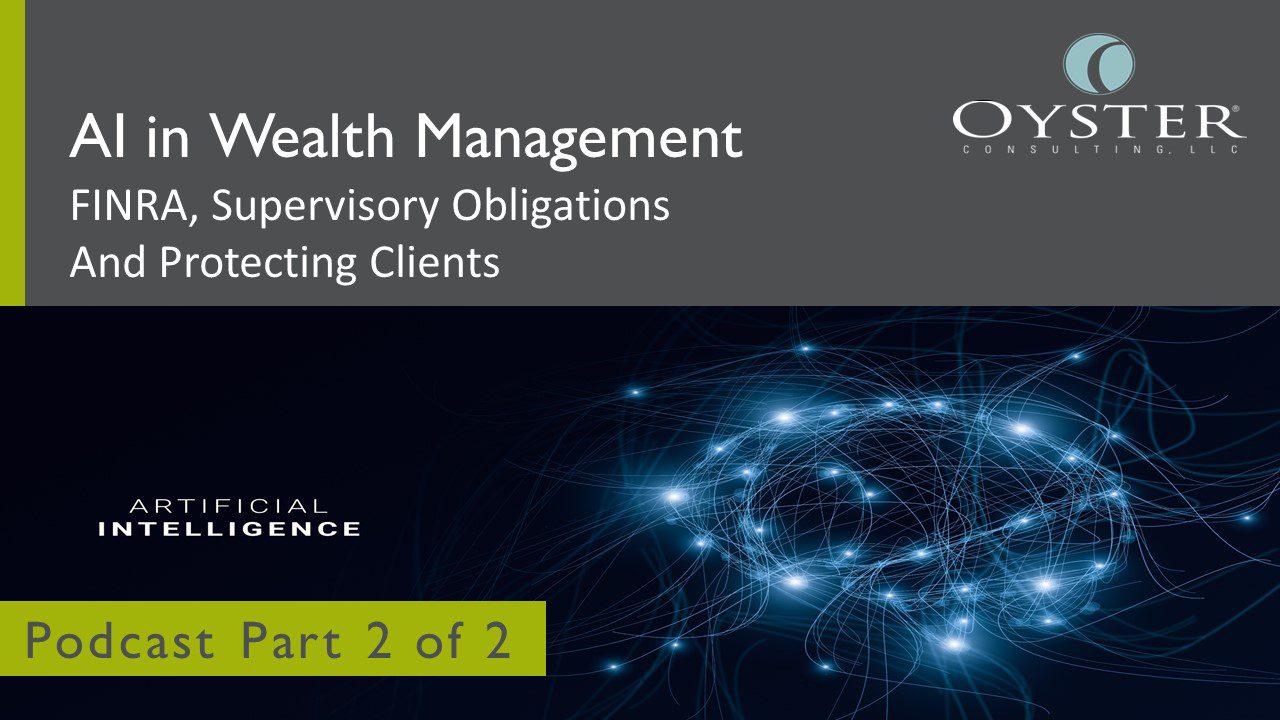Financial Industry Regulatory Authority (FINRA) and the Securities and Exchange Commission (SEC) have both indicated a greater level of scrutiny and higher level of expectation of broker-dealer and investment adviser compliance with Regulation Best Interest (Reg BI). Of note is their focus on the Care Obligation requirement that representatives assess “reasonably available alternatives” when making a recommendation.
The Reg BI Care Obligation: Key Requirements
Under Reg BI, broker-dealers must create, maintain, and enforce written policies and procedures reasonably designed to achieve compliance with Regulation Best Interest. This includes addressing the Care Obligation requirements. According to the SEC’s Staff Bulletin: Standards of Conduct for Broker-Dealers and Investment Advisers Care Obligations the Care Obligation includes three main requirements:
- “Understanding the potential risks, rewards, and costs associated with a product, investment strategy, account type, or series of transactions (the “investment or investment strategy”);
- Having a reasonable understanding of the specific retail investor’s investment profile, which generally includes the retail investor’s financial situation (including current income) and needs; investments; assets and debts; marital status; tax status; age; investment time horizon; liquidity needs; risk tolerance; investment experience; investment objectives and financial goals; and any other information the retail investor may disclose in connection with the recommendation or advice; and
- Based on the understanding of the first two elements, as well as, in the staff’s view, a consideration of reasonably available alternatives, having a reasonable basis to conclude that the recommendation or advice provided is in the retail investor’s best interest.”
Reasonably Available Alternative Challenges and Expectations
Firms will need to be able to provide representatives with the information and tools for them to be able to evaluate alternatives in the field prior to making recommendations. Factors considered will need to go beyond simply comparing costs associated with the recommendation. Firms will need to have a way to determine if their representatives are complying with these requirements, and for ensuring the evaluations are done consistently and are not biased or conflicted.
Regulatory Focus
Regulators have raised concerns about firms merely relying on representative attestations that they have done the analysis. They will likely probe these types of attestations and ask firms to be able to answer questions such as:
- What alternative products were considered and why were those products considered to be comparable?
- What factors were considered in doing the evaluation (cost, risk, performance, volatility)?
- What information was relied on when doing the evaluation of alternatives?
- Does the firm have a way of assessing whether these evaluations are being conducted consistently across their sales force?
- Does the firm have a means to determine where there might be indications that representatives were not choosing to recommend the products that were in its customers’ best interest from the list of available alternatives?
The ability of firms to answer those questions are as challenging as they are important. Firms must evaluate and assess their product evaluation governance, training, data and information systems, supervision, and record keeping. Firms will need to develop systems for providing representatives with the information that they need in order to conduct the meaningful evaluations that regulators will be expecting, and to have a means of keeping records of this process to demonstrate consistent compliance with the rule.
Role of Technology in Meeting Reg BI Requirements
Technology innovations can help. Firms and vendors have been busy developing solutions that identify comparable products on firms’ shelves and bring together product information, then comparing that information across several different factors. This is information that otherwise would be extremely difficult to do manually and to ensure consistency across the representatives within a firm.
It is clear regulators are raising the bar in terms of their expectations for firm compliance with Reg BI, including meeting the challenging requirements of comparing reasonably available alternatives. It will be important for firms to assess their process around new product evaluation, information sharing and product recommendations in order to be prepared for their next examination.
When regulators implement a new rule there is a lot more to be done than just adding the rule to your manuals. Having experts available who have studied Reg BI can make your integration process smooth and ensure that your firm is protected. Oyster Consulting can help your firm assess product governance and information sharing processes, test your supervision, review your technology platforms and provide training to ensure you are achieving compliance.




